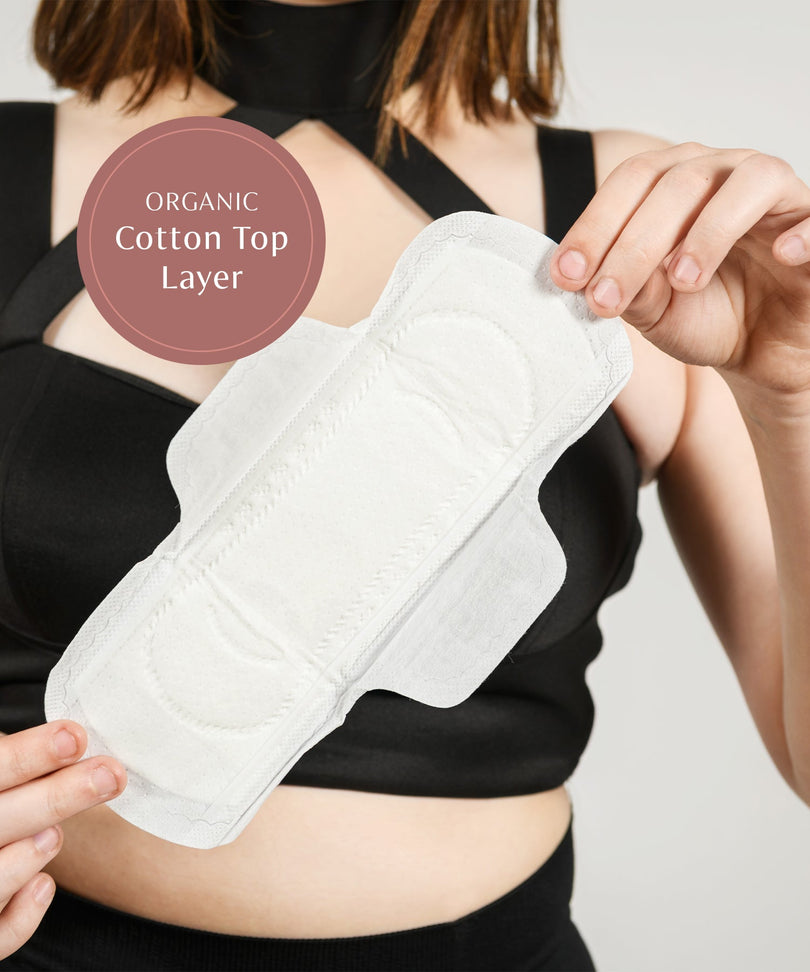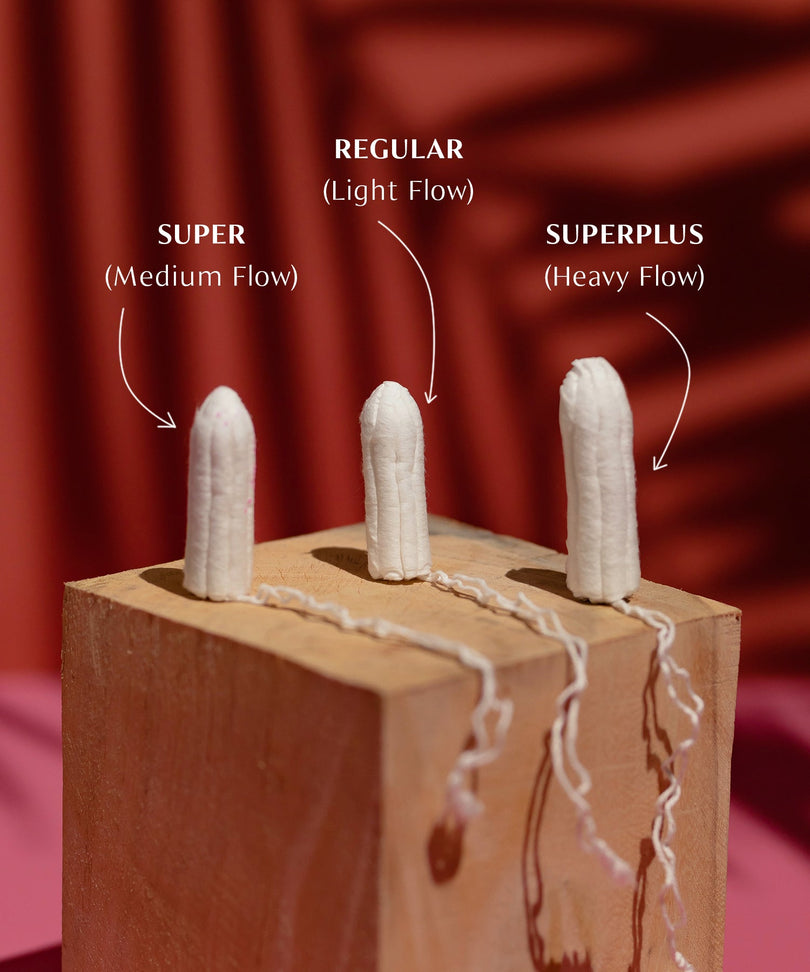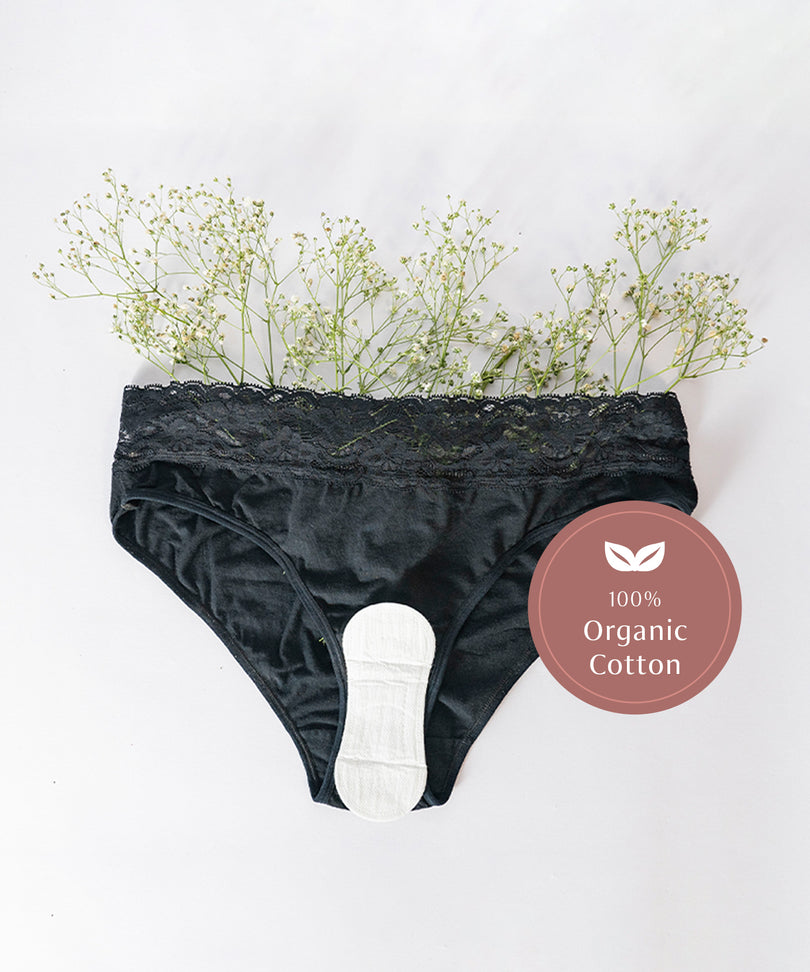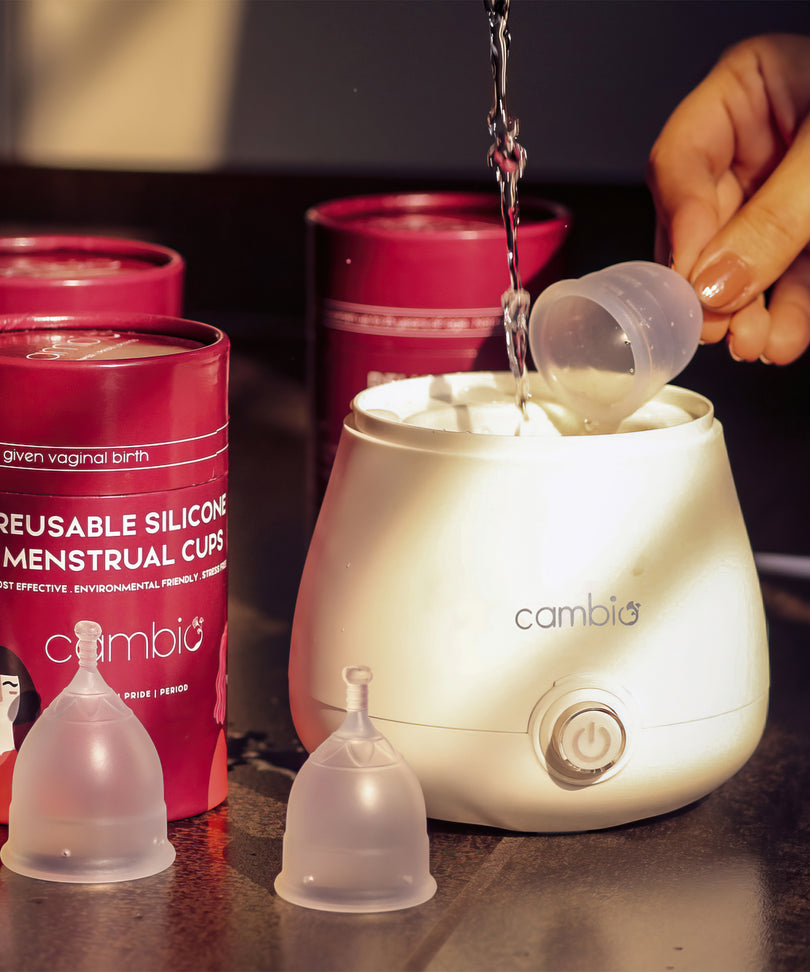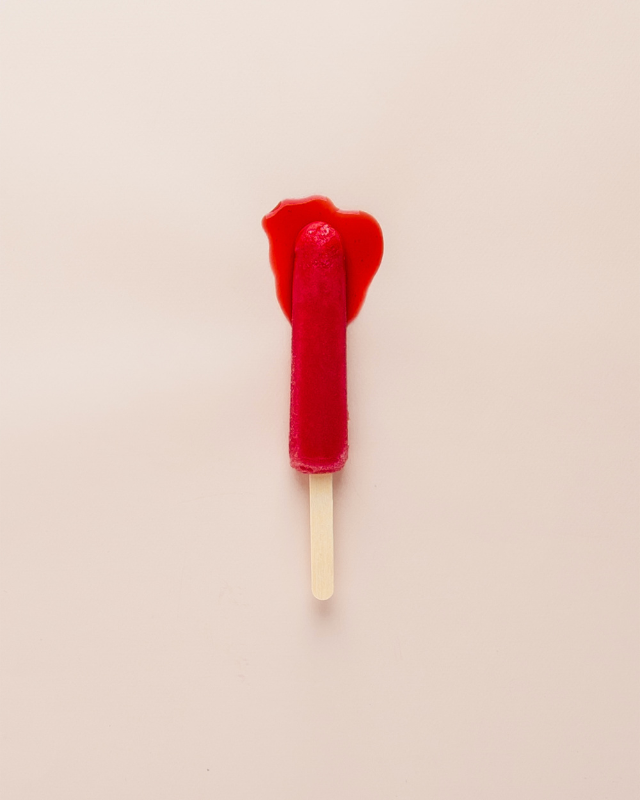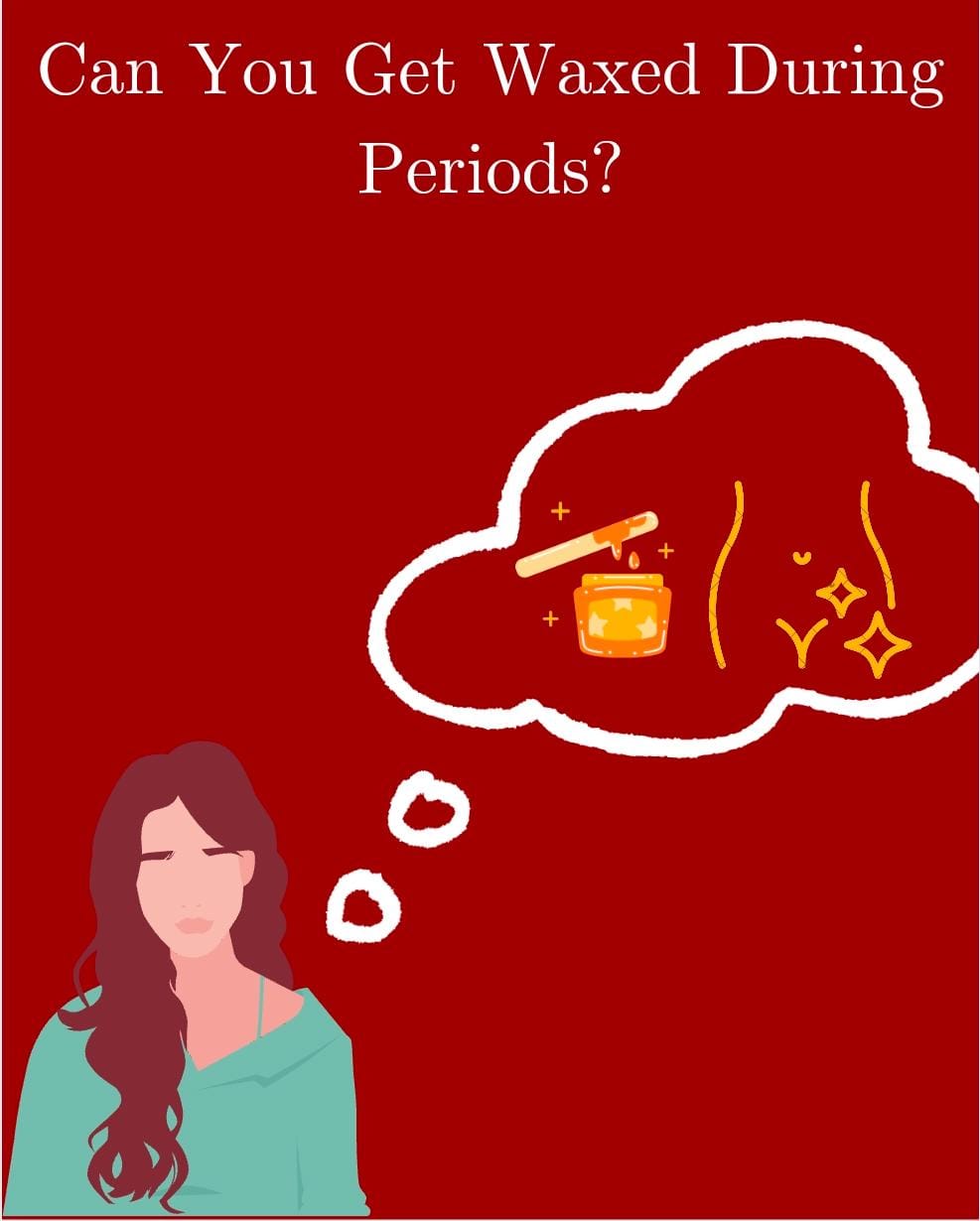Period leaks, simply put, are the unintended leakage of menstrual blood from your menstrual product, whether it's a pad, tampon, menstrual cup, or underwear.
These leaks can vary in size and severity, from minor spots to larger stains that may lead to embarrassment and discomfort.
While experiencing period leaks can be vexing, they are a natural part of menstruation for many.
Understanding why they occur is the first step in dealing with them effectively, and that's what we're here to unravel.
What Are Period Leaks?
Period leaks, those pesky stains of menstrual blood on your clothes are an unwelcome yet common aspect of the menstrual experience.
They can come in various forms, from small unexpected spots to more significant stains, and can occur for several reasons.
These incidents can be annoying but are not abnormal. Understanding what causes them can help us manage and minimize them effectively.
Causes of Period Leaks
- Heavy Flow: One of the primary causes of period leaks is a heavy menstrual flow.If your flow is substantial and your menstrual product isn't adequately absorbent, leaks are more likely to occur. Heavy menstrual flow, medically known as menorrhagia, can challenge even the most absorbent products.
- Incorrect Product Usage: Using the wrong size or type of menstrual product can lead to leaks. It's important to select the right product that suits your flow and lifestyle. Tampons, pads, menstrual cups, and period-proof underwear have unique features to accommodate various flow levels.
- Improper Placement: For tampons and menstrual cups, improper insertion and placement can result in leaks. Position these products in the vaginal canal correctly to ensure their effectiveness. If they are not, the menstrual blood may find its way past the product.
- Product Saturation: Overusing a pad or tampon beyond saturation capacity can cause leaks. If your menstrual product is saturated, it simply cannot absorb more blood, leading to leaks. That's why it's essential to change your product regularly.
- Physical Activity: Vigorous physical activities, such as high-impact sports or heavy lifting, can sometimes dislodge a menstrual product. The jarring motion and pressure can cause the product to shift, leading to unexpected leaks.
How to Prevent Period Leaks
- Choose the Right Product: The first step in preventing leaks is choosing a menstrual product that suits your flow and lifestyle. If you have a heavy flow, opt for higher absorbency products. If your flow is light, choose products accordingly.
- Frequent Changes: Changing your menstrual products is vital. Avoid waiting to replace them until they are saturated. It's best to follow the product's recommended usage guidelines, which often recommend changing every 4-8 hours.
- Combine Products: If you have a heavy flow and are concerned about leaks, consider using a pad or period-proof underwear as a backup with a tampon or menstrual cup. This dual protection strategy can help you feel more secure.
- Stay Active with Care: If you enjoy physical activities such as running or dancing, ensure your menstrual product is positioned correctly. Certain exercises may be more comfortable with specific product choices. Experiment and find the right combination for your active lifestyle.
- Practice Good Hygiene: Maintaining good hygiene is essential during menstruation. Keep the genital area clean and dry to minimize the risk of infection and irritation. Use mild, unscented soaps and avoid any products that could disrupt your natural pH balance.
When to Consult a Doctor
While the occasional period leak is common and typically not a cause for concern, frequent and heavy leaks can be a source of worry.
If you find yourself experiencing consistent heavy bleeding that leads to significant leaks, it's essential to consult a healthcare professional.
These could be symptoms of an underlying issue, such as menorrhagia (excessive bleeding), endometriosis, or fibroids, which may require medical attention.
Conclusion
Understanding what causes period leaks and implementing prevention strategies can significantly improve your menstrual experience.
While period leaks can be a nuisance, especially when they happen at inconvenient times, they are manageable.
When heavy bleeding and persistent leaks become problematic, seeking the advice of a medical professional is the best course of action.
Remember, managing period leaks is not just about comfort but also about your overall health and well-being.

